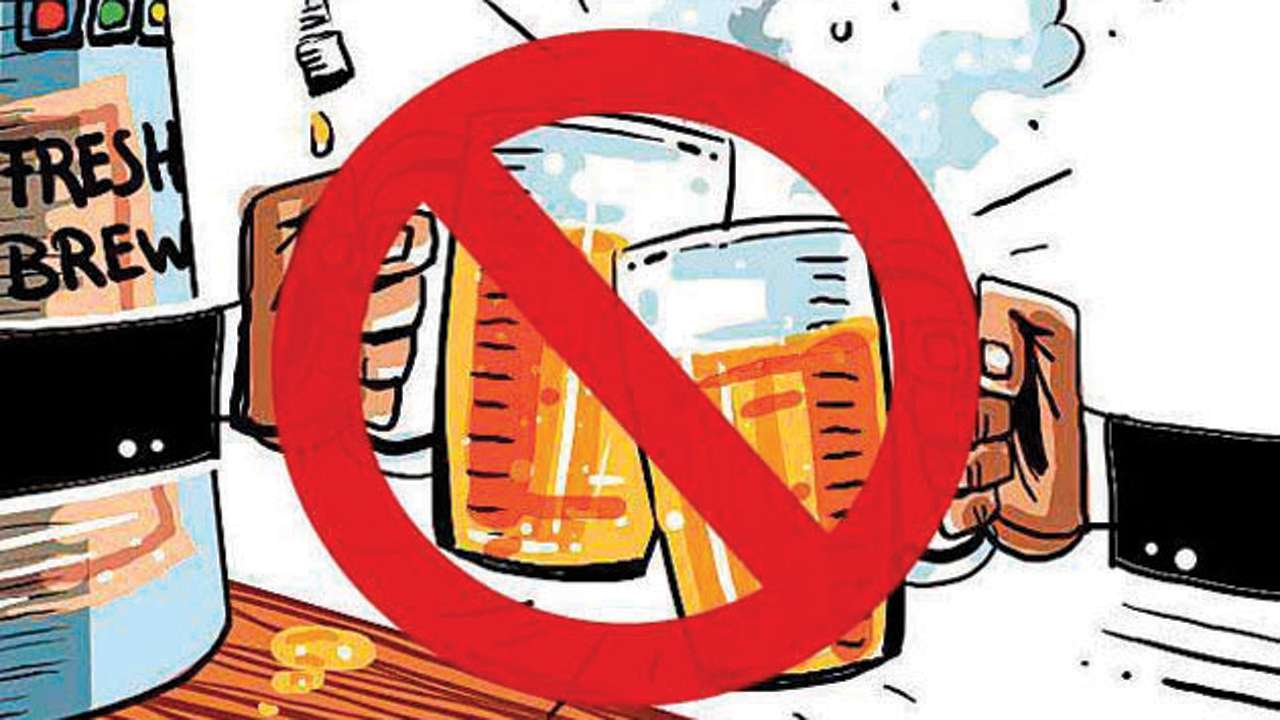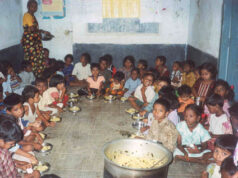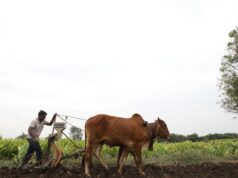Gujarat Chief Minister Vijay Rupani recently informed the State legislative assembly that in the last two years, liquor worth ₹252 crores has been seized in the dry state. In Gujarat, manufacturing, selling and consumption of liquor is banned with a few exceptions for high-end hotels and outsiders.
If the Chief Minister is openly admitting to seizing ₹252 crore worth of liquor, then the actual figure is likely to be much higher. After all, governments rarely reveal damaging data to the fullest extent. It is also possible that a lot of contraband liquor is available in the state which the government hasn’t been able to find or seize.
One wonders why does the government think that banning something is the only way to control the production or consumption of alcohol? Even after the ban, a significant quantity of liquor has been seized and we will probably never know the full extent of the availability of contraband liquor in the market. Banning of a product does not stop people from consuming it, it just opens the door for the black market as the price of the product rises and it becomes a profitable activity for criminal enterprises. Bans also lead to the formation of cartels and criminal gangs.
Side-effects of liquor ban
When liquor is banned, the producers can easily spike the liquor without having any fear of the consumer filing any complaint against them with the police or court. It is no wonder that most cases of alcohol poisoning occur in states where governments have banned it. Hundreds of people have died in Gujarat and Bihar where people are not even able to file a complaint against the culprits as they were also breaking the law. Simply imposing a ban is not a solution.
In India, taxes from alcohol sales form roughly a quarter of state revenues & Gujarat loses ₹10,000 crore annually due to the liquor ban. State governments impose the liquor ban to placate certain voter groups. Governments also cite other reasons such as reducing crime, preventing traffic accidents, improving health for banning liquor. However, these goals are rarely achieved.
Instead of a reduction in crime, criminal activity generally increases because enterprising elements start to indulge in bootlegging. Health outcomes remain the same. A ban doesn’t stop people from drinking. It just pushes them to drink illegally. The data on traffic accidents is murky; there is no statistical evidence to suggest that traffic accidents reduce when liquor is banned.
Further, bans come with their own cost to the law and order situation in the state. Instead of catching rapists and murderers, police ends up using their limited resources to run after bootleggers. The courts also bear the burden from the increased caseload. The Patna High Court recently chided the Bihar government for the liquor ban which has clogged courts with over 2 lakh cases related to the alcohol ban imposed in 2016.
In conclusion, liquor bans do not achieve any of their intended objectives and result in significant loss of revenue, poor policing, and high cost to the public due to forgone public services.
Read More: Are Free Markets Moral?
Post Disclaimer
The opinions expressed in this essay are those of the authors. They do not purport to reflect the opinions or views of CCS.






